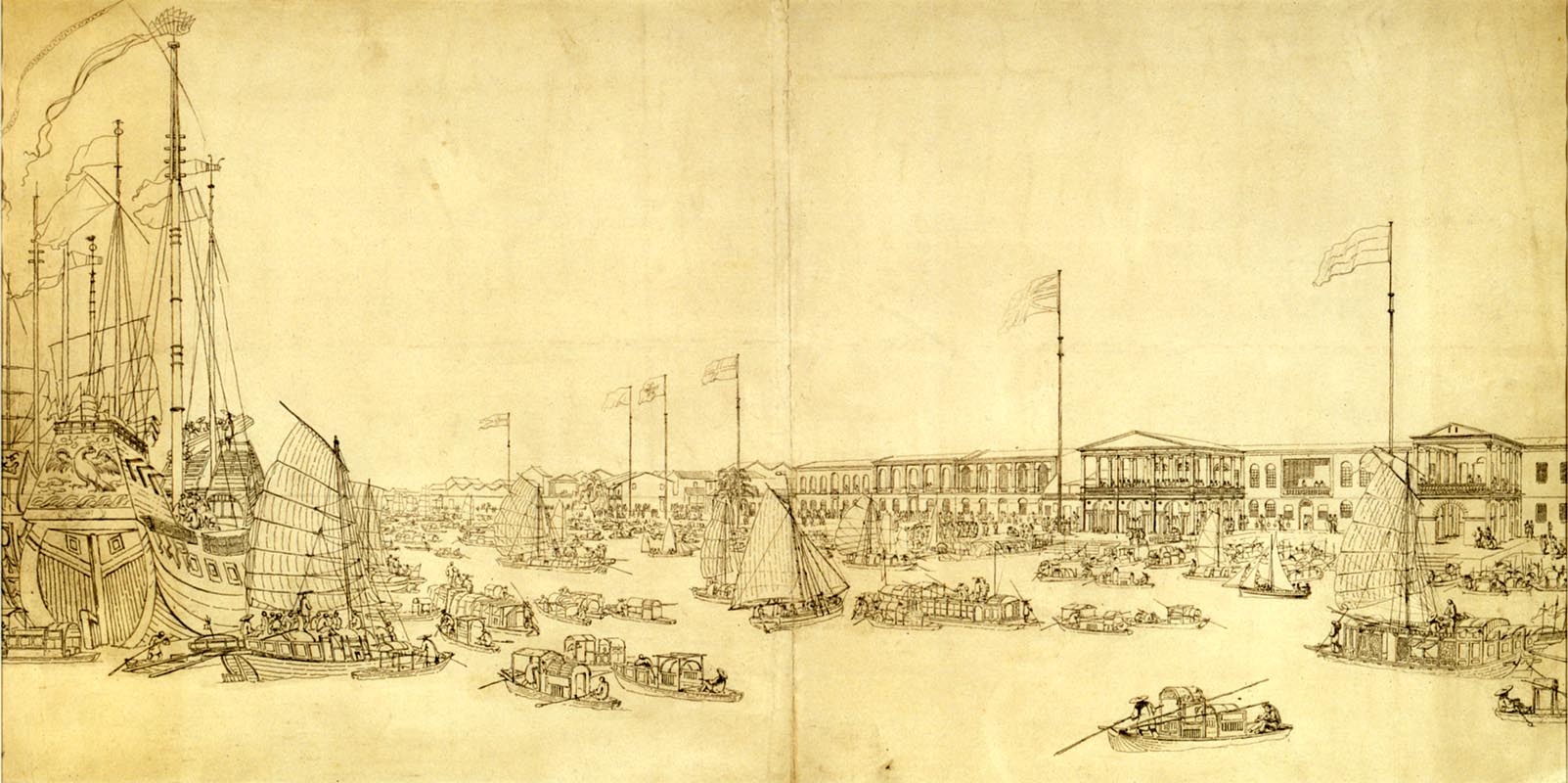Leonel de Sousa, a Captain-Major of the voyage to Japan, reached the coast of Guangdong in 1552. There, he learned that all foreigners were able to trade after payment of taxes to the Chinese, except the “Folanji” including Portuguese, then considered pirates.
In 1554, de Sousa agreed with Guangzhou officials to legalize the Portuguese trade, on condition of paying certain customs duties. The single surviving written evidence of this agreement is a letter from de Sousa to Infante Louis, king John III’s brother, dated 1556. It states that the Portuguese undertook to pay the fees and were not to erect fortifications.
The letter is an extremely important document in the history of Sino-Portuguese relations. It describes protracted negotiations with the haitao Wang Bo, identified in Chinese sources as having accepted a bribe from the Portuguese to dry their cargo and pay taxes in Guangzhou. Leonel de Sousa and Wang Bo agreed on the the mandatory 20% fees, but only on half the cargoes. This treaty was followed by the recognition of Macau as an official Portuguese warehouse in 1557. de Sousa became the second Captain-Major, or governor of Macau in 1558.
